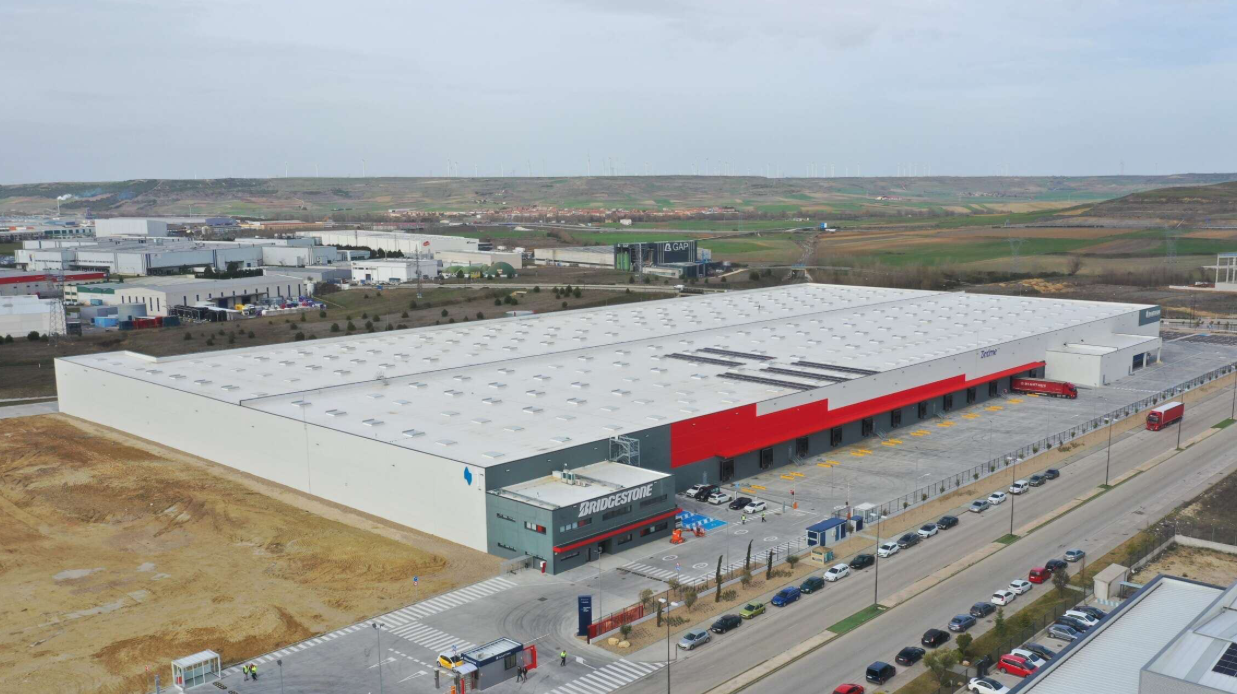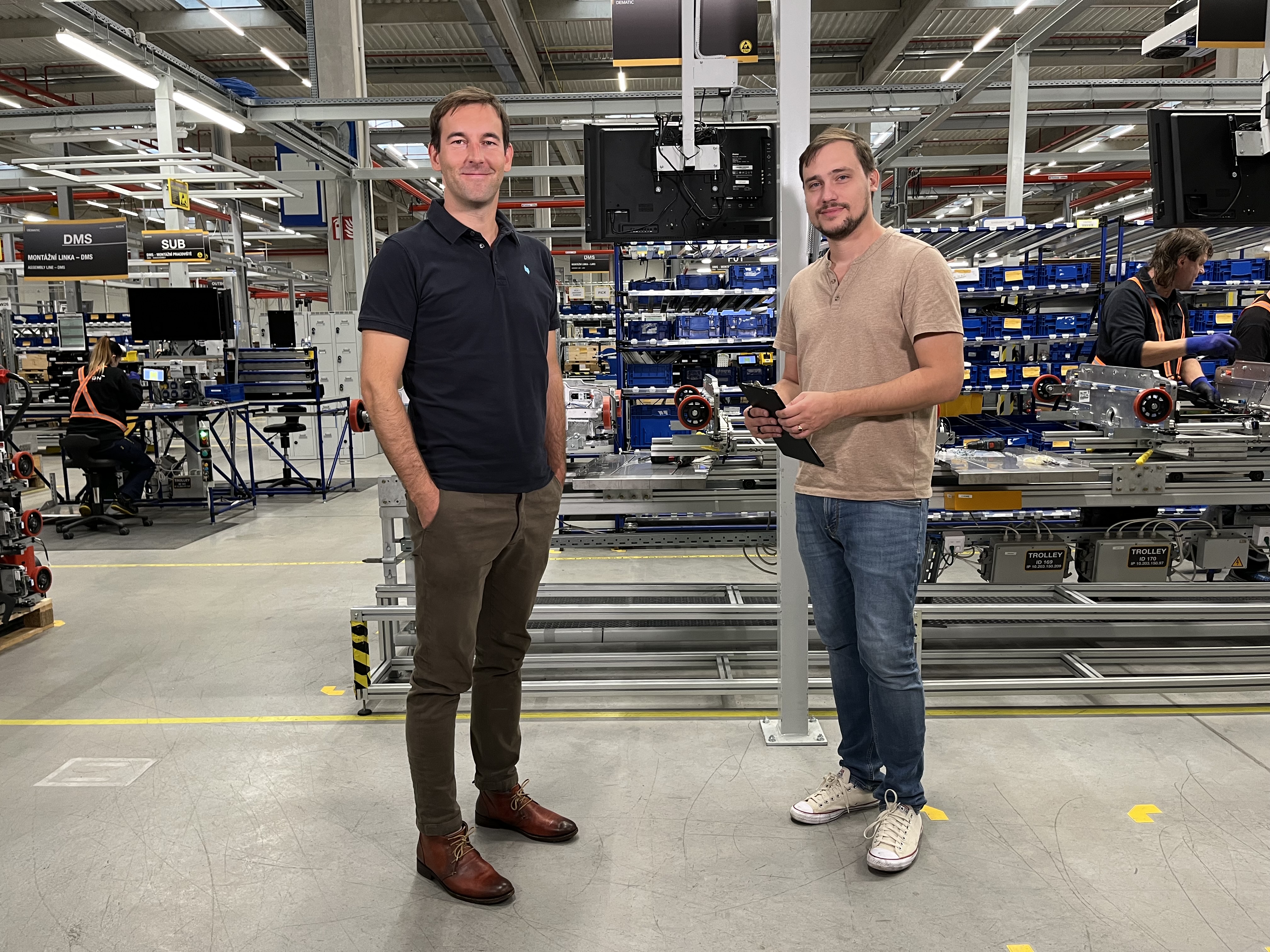Steven Tedesco
Steven Tedesco is a member of the Chartered Institute for Securities & Investment (CISI), a London-based professional body for investment and securities specialists. Between 2000 and 2009, he served as a director, deputy director, and chief investment officer at HSBC Global Asset Management (Malta) Limited, where he managed assets in excess of 1 billion EUR.
He now has his own advisory firm, where he serves as a non-executive director and independent member of the investment committee for licensed alternative fund and asset management entities. He also provides consultancy services, including independent derivatives valuation.
Your 25 years of experience encompass both corporate giants like HSBC Global Asset Management and boutique asset management firms like Accolade Investment Company. How do you think the asset management landscape has evolved over the years, and what trends are shaping its future?
I have seen the environment change dramatically over the last twenty-five years. The enormous technological advances that we are witnessing have made it possible for any individual, whether small or wealthy, to very easily access conventional capital markets thanks to the proliferation of online platforms. People can now trade directly on most stock exchanges around the world. The market is also changing thanks to the ever-increasing number of Exchange Traded Funds (ETFs) being launched. In my opinion, this has led to the demand for simple funds investing only in stocks and bonds dropping significantly, as investors either trade themselves through these online platforms or opt for the passive approach of ETFs.
As a result, investors today are more interested in investing with asset managers whose managed funds offer access to markets that are not accessible through ETFs or online platforms, such as hedge funds focused on complex investment strategies, which offer returns uncorrelated to conventional markets, and others that focus on private equities, credit, real estate, and other illiquid assets such as insurance. This helps explain why the Accolade Industrial Fund, an innovative fund that gives investors easy access to stable but incredibly difficult- to-invest-in niche industrial parks, is so popular.
I expect this trend to persist over the next few years, as the aforementioned proliferation of ETFs and online platforms has left conventional markets swamped with investors who likely lack the mental toughness of the professionals. This has led to much more volatility and fluctuation in the markets than we saw in decades past, and this in itself has increased the demand for funds that allow investors to access what we typically refer to on the market as ‘alternative investment strategies’. The EU has moved quickly to regulate this market over the past decade, and Accolade is therefore fully compliant with the Alternative Investment Fund Managers Directive.
As an investment professional, you've likely experienced various market cycles. How does the Fund navigate different market environments to achieve its objectives, particularly during periods of volatility?
Personally, I liken investing in a fund to taking a cruise. If the ship encounters a storm, the captain’s skill and experience are what ensure a safe passage with minimal damage. Similarly, when markets become volatile, a fund manager cannot entirely avoid that volatility—just as a ship cannot avoid a storm—but it is crucial that they have the expertise to navigate through it. Like any seasoned captain, an experienced fund manager prepares in advance for all eventualities. This is why reputable fund managers structure their fund's legal documentation to include provisions that may seem restrictive to investors, such as long notice periods or gating—the right to partially pay redemptions or temporarily suspend the fund.
These conditions are essential because a fund manager must treat all shareholders equally and cannot favor one unitholder over another. These clauses provide the necessary tools to ensure that, in times of market volatility, if some investors panic and redeem their shares, their redemptions are not funded at the expense of those who remain invested. By temporarily suspending or limiting redemptions, the fund can avoid selling assets at distressed prices just to meet immediate liquidity demands, ultimately protecting the interests of all shareholders.
To answer this question properly, we must first define and understand what causes market volatility. Volatility is like a storm—a period of unstable conditions and irrational market movements, often in a downward direction. However, just as every storm eventually passes, markets also stabilize over time.
The best strategy for navigating volatility is to invest in high-quality assets. In Accolade’s case, this means impeccably built industrial parks leased to strong tenants. While these tenants may not pay the highest rents, they have robust cash flows and solid balance sheets, and their leases are secured at average or above-average market rates. As a result, these properties retain their appeal even during turbulent periods, and demand for them rebounds quickly once the market settles.
Diversification is another key factor. That’s why Accolade invests across six countries—Czech Republic, Poland, Germany, Slovakia, the Netherlands, and Spain—and leases to tenants from various sectors, with lease maturities ranging from 3–4 years to as long as 15–20 years. Lastly, maintaining a prudent level of leverage is essential to avoid excessive stress during volatile periods—something we always prioritize as Accolade’s Fund manager.
Given your extensive experience in asset management, what advice would you offer to individuals starting their investment journey, particularly in alternative funds and asset management?
I believe investors need to take three main steps. First – the great Warren Buffet said that risk comes from not knowing what you're doing. So, before selecting any alternative fund, an investor should research and understand the niche or strategy that the fund is investing in or pursuing. This does not mean becoming an expert in that niche or strategy, but it does mean understanding what circumstances and market developments will affect the performance of the fund. This will enable informed decisions to be made.
This leads to the second step – market scenario analysis. Again, it's not necessary to become an expert, but if you're investing in a Fund like Accolade, it's probably best to invest in it when rental yields have risen, even if recent performance may have been negative. Past performance does not determine a fund’s future performance. It is market dynamics that will do so. And why do people on Wall Street advocate investing when there is blood on the pavement? Simply because falling markets usually, though not always, mean cheaper markets. Higher rental rates usually mean lower property values for a fund like Accolade, which likely means short-term pain but long-term gain.
Step three – when choosing a fund manager, do your homework properly: check the size of the fund manager's investment in the fund it manages. If the fund manager is confident in its investment strategy, it will invest in its own fund. At Accolade, we pride ourselves on the fact that the Accolade Group is one of the Fund's largest shareholders. Also check who the manager is... Experience makes all the difference. We have unquestionably seen some incredibly talented young asset managers, but the empirical evidence clearly shows that there are far more young asset managers who start and fail than there are young asset managers who progress. So the more experienced your manager – and consider the whole team, not just the individual – the more likely the fund is to continue to deliver good returns. And finally, of course, analyse past performance trends. Try to avoid bouts of high returns accompanied by bouts of negative returns. Choose funds that don't necessarily deliver sexy yields, but steady long-term returns. This shows that the manager is not focused on seizing the short-term momentum, but on long-term success.
As a respected figure in the investment community, what personal principles guide your investing, and how do these principles align with the Fund's investment strategy?
The first principle is similar to the first step I recommend to investors: invest in something you understand. For us, that means a more hands-on approach. We don’t invest in regions where we lack a deep understanding of property and tax regulations, nor of the overall demand and dynamics around property. Additionally, we don’t lease to tenants we haven’t thoroughly vetted, both internally and through external credit agencies.
We also embrace a principle that is often underrated but essential: patience. We don’t invest until we are fully satisfied with the terms of the deal and the market conditions. For instance, when rental rates bottomed out, we held onto many high-yielding financial securities for an extended period, rather than rushing into the market.
Finally, the key principle is maintaining a very prudent level of leverage. Leverage is costly because negative interest can significantly erode performance. It’s risky because it often leads to more risk-taking to counteract the effects of negative interest and increase yields. It can also be disastrous, as market stress can make it easier to breach covenants, which could result in banks imposing more onerous conditions or even terminating loans.
Marica Tedesco
Marica Tedesco is a chartered accountant (CPA), a member of the Association of Chartered Certified Accountants (FCCA) and of the Malta Institute of Accountants (MIA). Her career journey began in 2001 as a fund accountant with HSBC Fund Management Malta, a subsidiary of HSBC Bank Malta. She is currently co-owner and CFO of ST Corporate and Advisory Services, a Maltese consultancy firm specialising in financial services. As a member of the investment committee of the Accolade Industrial Fund, she evaluates investment opportunities and oversees portfolio performance with the aim of ensuring compliance and the achievement of investment objectives.
Property investments often require careful due diligence. Could you walk us through the process by which the Fund evaluates potential property acquisitions, from the initial assessment to the final decision?
At Accolade Investment Company, we pride ourselves on our careful approach to evaluating potential property acquisitions for the Accolade Industrial Fund (AIF). This very thorough process, fully overseen from start to finish by the investment committee (IC), begins with the initial evaluation phase, when the IC receives an investment proposal. This proposal includes important documents such as the investment memorandum and the independent valuer's report. These reports provide key insights into prevailing market conditions and the current valuation of the park, supported by supplemental intelligence such as external tenant credit ratings and internal tenant analysis.
During our evaluation process, the IC carefully analyses all these documents in order to understand the investment opportunity. We thoroughly examine the property valuation in light of external market conditions and internal factors such as tenant creditworthiness and the most recent market valuations of similarly traded parks. Based on this data, we can gauge the potential risks and rewards associated with an investment to provide a comprehensive evaluation.
In making its decision, the IC relies on key indicators such as the internal rate of return (IRR) and the multiple of invested capital (MOIC) to assess the feasibility of the project and its alignment with the Fund's overall performance and strategy. We perform detailed IRR and MOIC calculations to determine the viability of the investment. We also stress test these metrics under various future scenarios. This rigorous evaluation process ensures that we only make investments that offer reasonable returns and strategic alignment with the Fund's objectives, and which ultimately enhance our Fund's performance and strategic objectives, because at Accolade, we strive to ensure that every investment decision aligns with our mission to provide investors with high yields and long-term value.
As a member of the investment committee overseeing property investments, what strategies does the Fund use to optimise the performance of its property portfolio?
The IC's primary responsibility is to maximise performance with minimum risk. To achieve this objective, the IC cannot focus solely on the investment strategy adopted by the manager under prevailing market conditions and on the decision-making process in negotiating each park purchased. It must also focus on monitoring the performance of each individual park held on an ongoing basis.
During the acquisition process, the IC prioritises properties that will enhance the Fund's overall performance. As I said earlier, we consider a variety of factors, including the potential return on investment and the creditworthiness and reputation of the tenants to whom we lease the parks. By focusing on tenants that have not only a strong financial track record but also a strong brand, we aim to attract future high-quality tenants, so that we can continue to enhance the value of our parks and the Accolade brand.
The IC reviews portfolio performance very closely on a quarterly basis. This review is based on the detailed data contained in the performance reports that the Accolade Group carefully collects, compiles and provides to the IC. It is also worth noting that Accolade Group serves as the key point of contact for any urgent issues that may arise, ensuring seamless communication and prompt resolution of emerging concerns.
Our goal is to deliver exceptional results and maintain the highest standards in our investment practices.
How do you see the current state of the property market (at a European level), and what opportunities or challenges do you foresee for property investors in the coming years?
My personal opinion is that the European property market is currently facing a variety of problems that are impacting asset values and liquidity. These challenges, which stem from global economic factors such as ongoing inflationary pressures, interest rate fluctuations, and changes in consumer confidence, are contributing to a more volatile environment for transactions. The ongoing conflict in Ukraine adds another layer of uncertainty, particularly in some European locations.
Despite these obstacles, I remain cautiously optimistic about the potential for renewed investment activity, and expect that clearer monetary policy across Europe will lead to more balanced price negotiations among market participants, which gives hope for a recovery.
While I recognise the severity of the recent declines, I sense a growing belief among industry stakeholders that we may experience a more significant upturn by 2025. Navigating these uncertain times, however, requires prioritising risk diversification across markets and sectors. At the Accolade Fund, we embody these principles by ensuring regional diversification in our portfolio, which spans six European countries, and by identifying robust tenants for our parks across a range of industries, from retail and e-commerce to automotive.
In addition, new trends highlight the increased demand for logistics infrastructure and a heightened focus on sustainable property solutions conforming to environmental, social, and governance (ESG) principles. Staying competitive in the property sector means following market trends and embracing sustainability, a commitment we at Accolade wholeheartedly adhere to.
Could you share some insights on the role of financial reporting and regulatory compliance in managing the Fund's property investments, and how you ensure transparency and accountability in this process?
Financial reporting plays a key role in the process of valuing acquired special purpose vehicles (SPVs) during each net asset value (NAV) period. The valuation of an SPV must faithfully reflect its actual and fair value. The investment committee (IC) does not directly oversee accounting practices. This responsibility falls to the professional accountants contracted by each SPV. This includes ensuring that the SPV complies with local Generally Accepted Accounting Principles (GAAP) and International Financial Reporting Standards (IFRS), as well as with regulatory requirements. Coordination with professional accountants and adherence to reporting standards help maintain transparency and accuracy in the valuation process, ultimately contributing to the integrity of the Fund's financial reporting.



